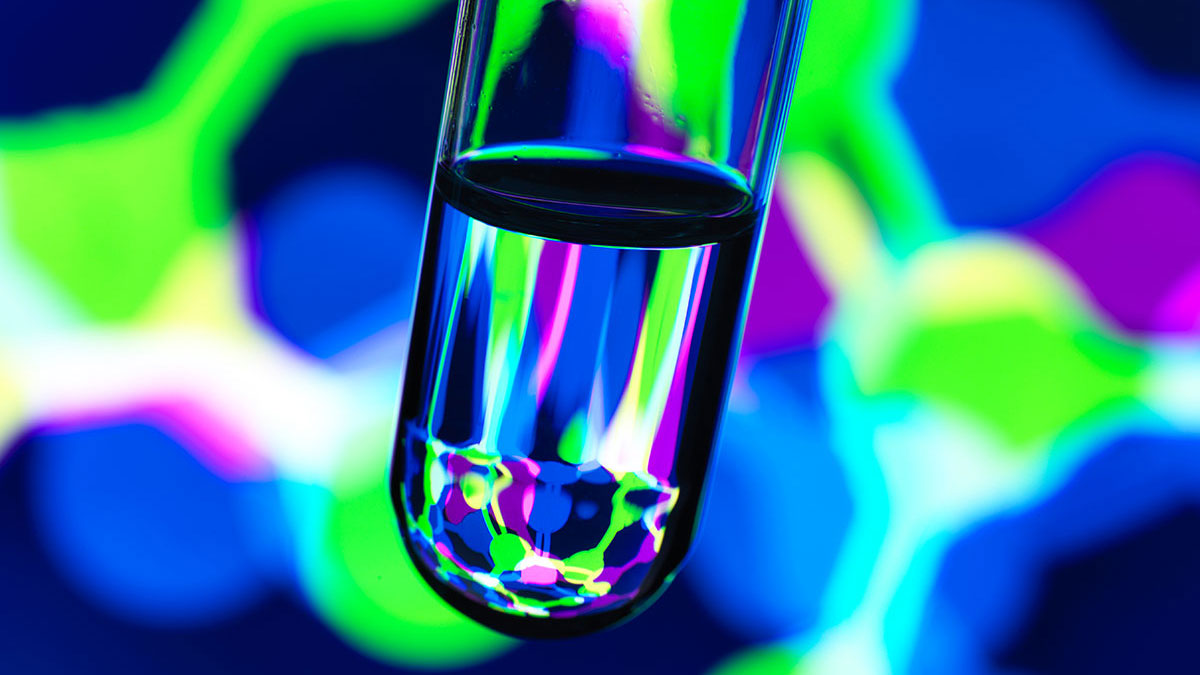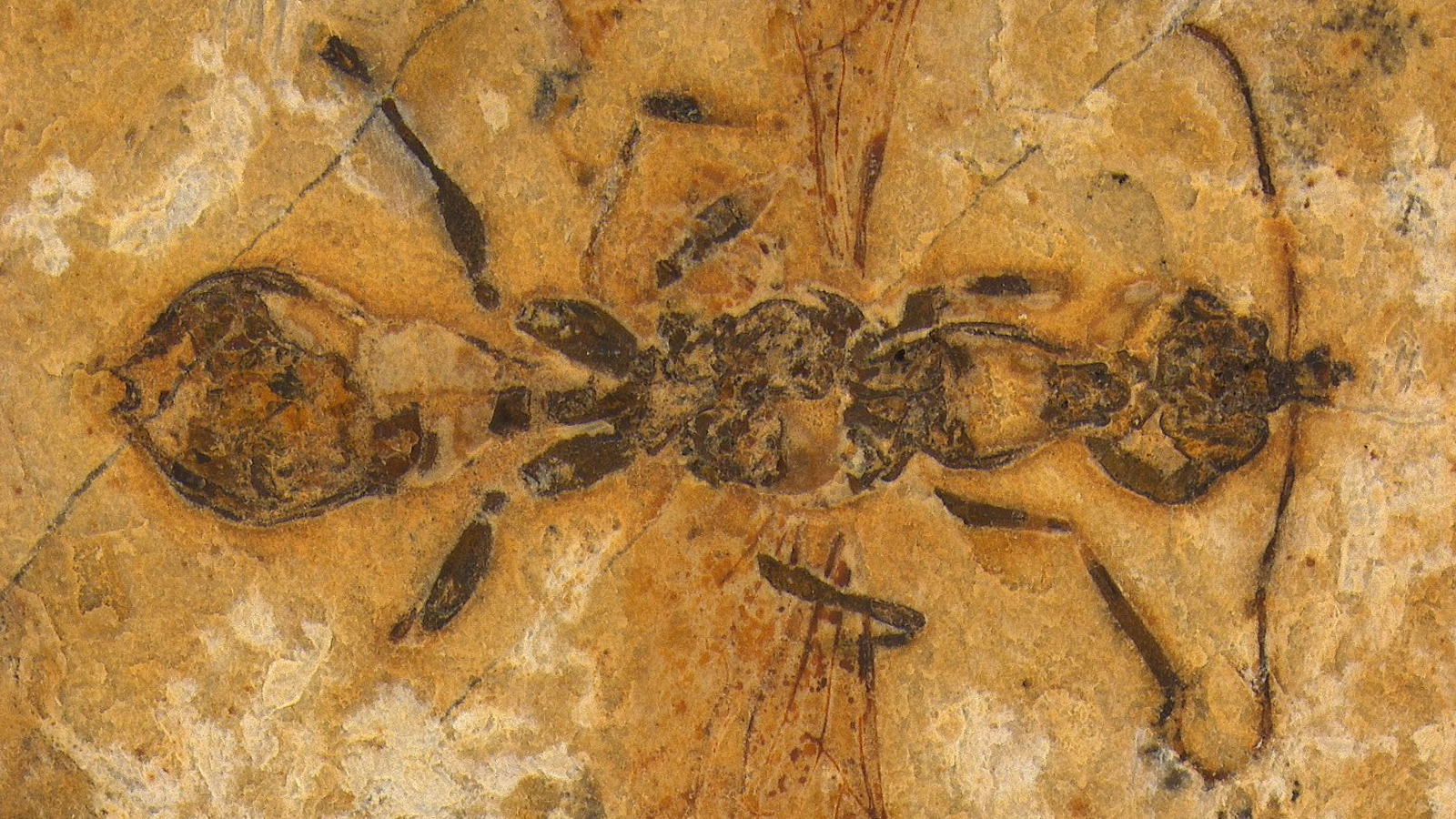Science News: Recent scientific discoveries and expert analysis
Read the latest science news and recent scientific discoveries on Live Science, where we've been reporting on groundbreaking advances for over 20 years. Our expert editors, writers and contributors are ready to guide you through today's most important breakthroughs in science with expert analysis, in-depth explainers and interesting articles, covering everything from space, technology, health, animals, planet Earth, and much more.
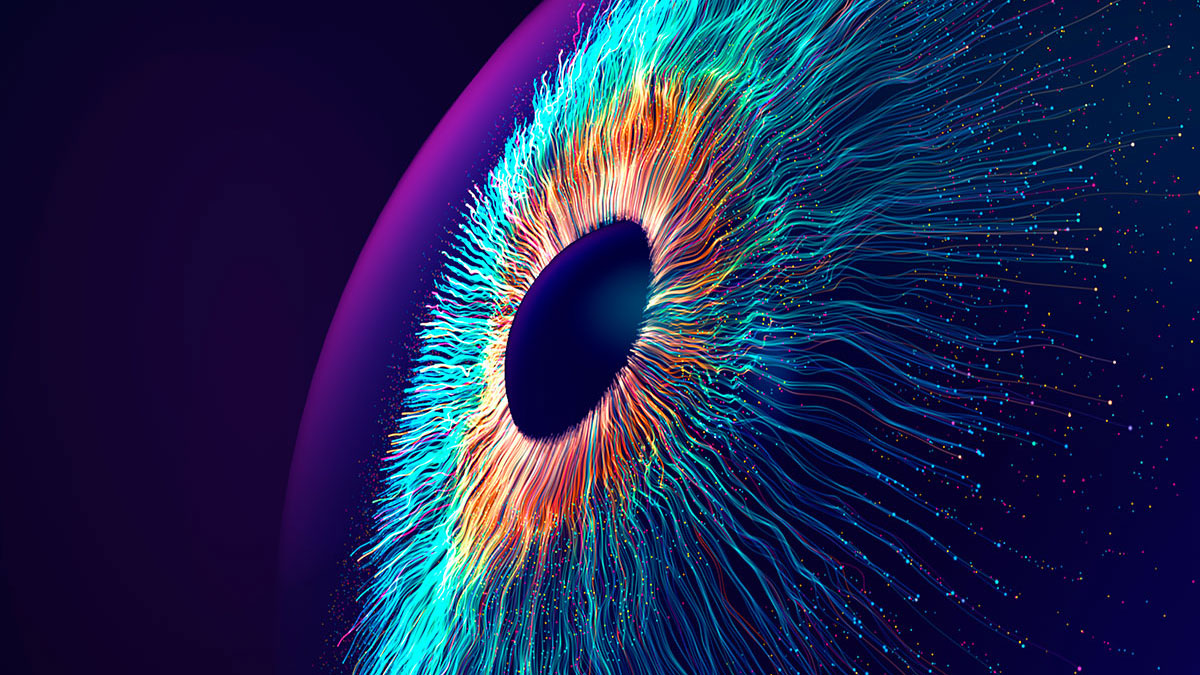
Explainers | Everything you need to know about the science news that matters.
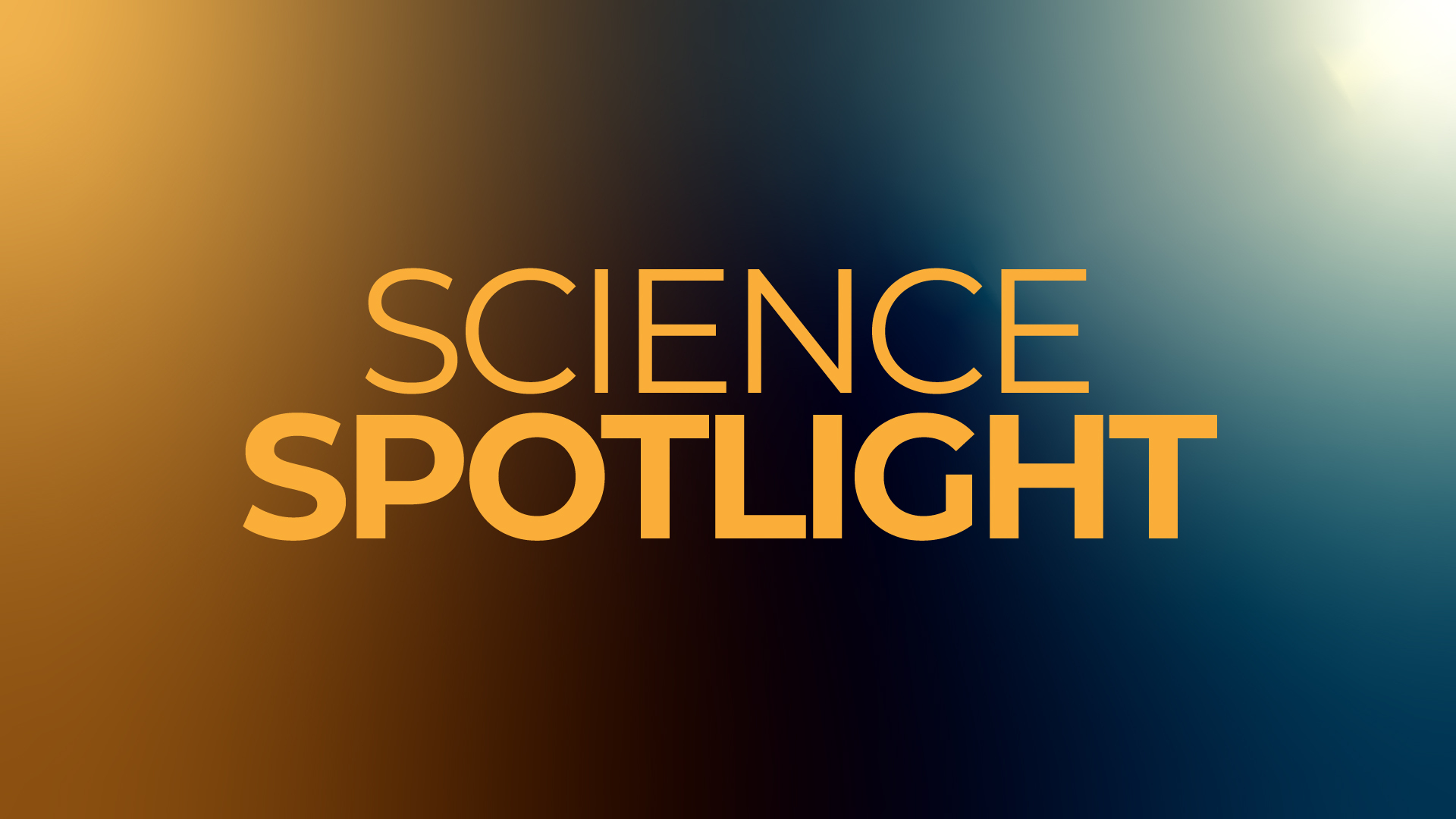
Science Spotlight | Shining a light on new science transforming our world.
Latest news

Astronomers discover doomed planet shedding a Mount Everest's worth of material every orbit, leaving behind a comet-like tail
By Victoria Corless published
Astronomers discovered a planet that orbits its star so closely that its surface is being scorched into magma and vaporizing into space.

New technologies are helping to regrow Arctic sea ice
By Matilda Hay, Grist published
But should we use them?

Did the James Webb telescope really discover aliens? The truth about K2-18b.
By Brandon Specktor published
A study suggesting the exoplanet K2-18b shows potential signs of alien life has been met with skepticism from the scientific community. Here’s the truth about what the James Webb Space Telescope saw.

Mathematicians just solved a 125-year-old problem, uniting 3 theories in physics
By Jack Murtagh published
A breakthrough in Hilbert's sixth problem is a major step in grounding physics in math

Ghost forests are growing as sea levels rise
By Jude Coleman, Knowable Magazine published
As trees choked by saltwater die along low-lying coasts, marshes may move in — for better or worse, scientists are learning

'Royal Egyptian inscription' of Ramesses III's name is first of its kind discovered in Jordan
By Owen Jarus published
An inscription with the name of Ramesses III has been discovered in southern Jordan.

Deadly measles outbreaks could explode across the US if vaccinations fall, model predicts
By Jess Thomson published
Researchers modeled how measles might spread in the U.S. in the coming decades, showing that more than 50 million cases could occur if current vaccination rates fell by half.

'I won't be surprised if this is happening throughout the universe': Mushball storms on Jupiter offer clues to atmospheres of distant planets
By Sharmila Kuthunur published
Large hailstones made of ammonia may explain why the gas is missing from large pockets of Jupiter's atmosphere.

Tomb of ancient Egyptian prince discovered at Saqqara — and it has a giant 'false' pink door
By Owen Jarus published
The newfound tomb of an Egyptian prince has a false door, which ancient people viewed as an "entry" and "exit" for souls in the afterlife, researchers say.

Scientists find 'breathing' magma cap inside Yellowstone supervolcano
By Patrick Pester published
Yellowstone's supervolcano appears to have a magma cap that vents pressure and reduces the chances of a massive eruption happening anytime soon.

Microplastics have been in 'pristine streams' for half a century — what could that mean for human health?
By Miriam Bergeret published
New research shows that microplastics have been contaminating some freshwater streams decades earlier than previously recorded. What could that mean for human health?
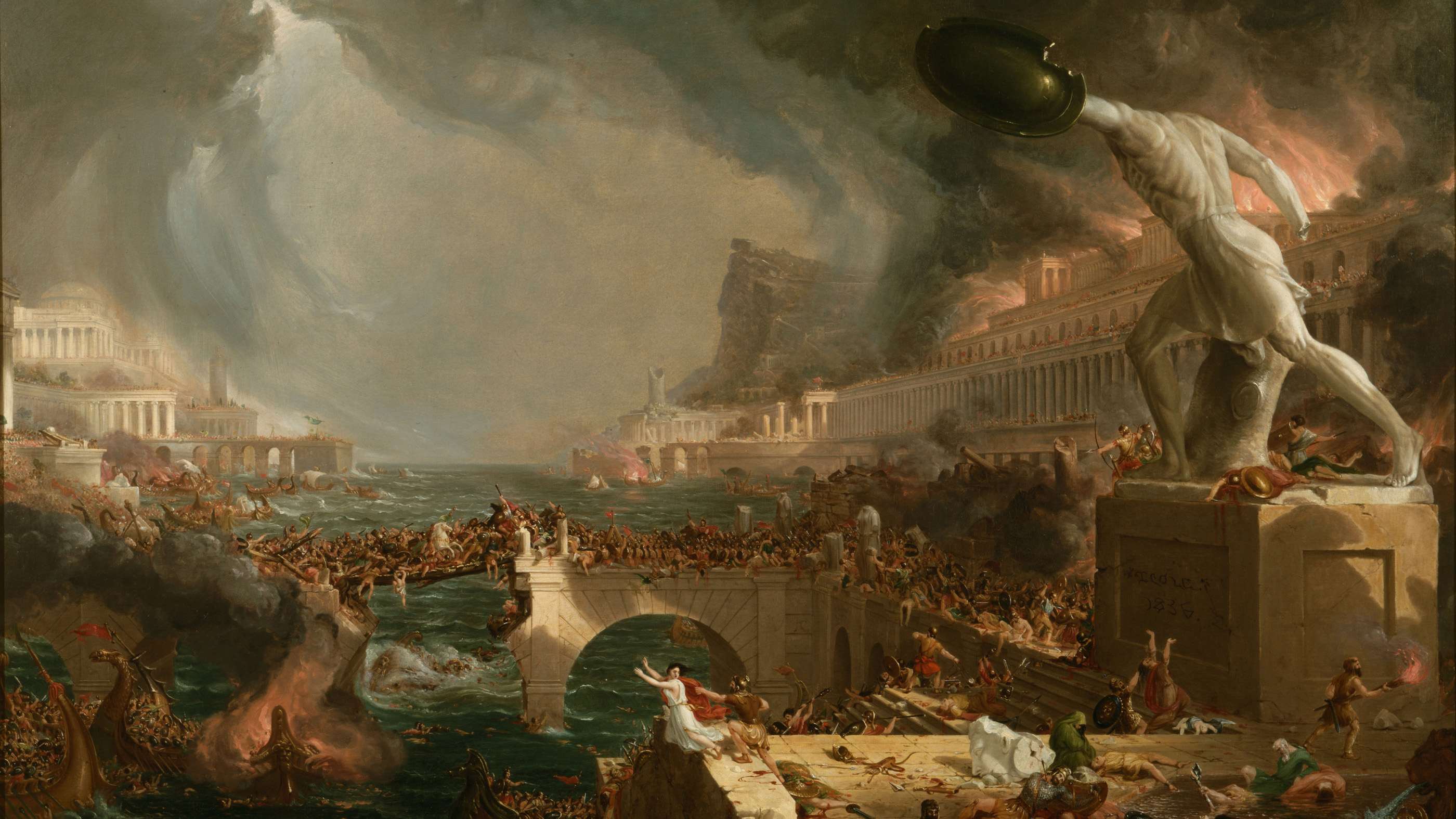
Mini ice age was final death blow to Roman Empire, unusual rocks in Iceland suggest
By Ben Turner published
Rocks from Greenland found on Iceland's west coast could link the late Roman Empire's fall to a spell of sudden climate change. But historians say that the real story is likely much more complicated.

Scientists test first-ever vaccine for acne: Here's what we know
By Emily Cooke published
An experimental vaccine for acne could someday transform the way patients with the condition are treated, according to the company that developed the shot. However, it is still early days.
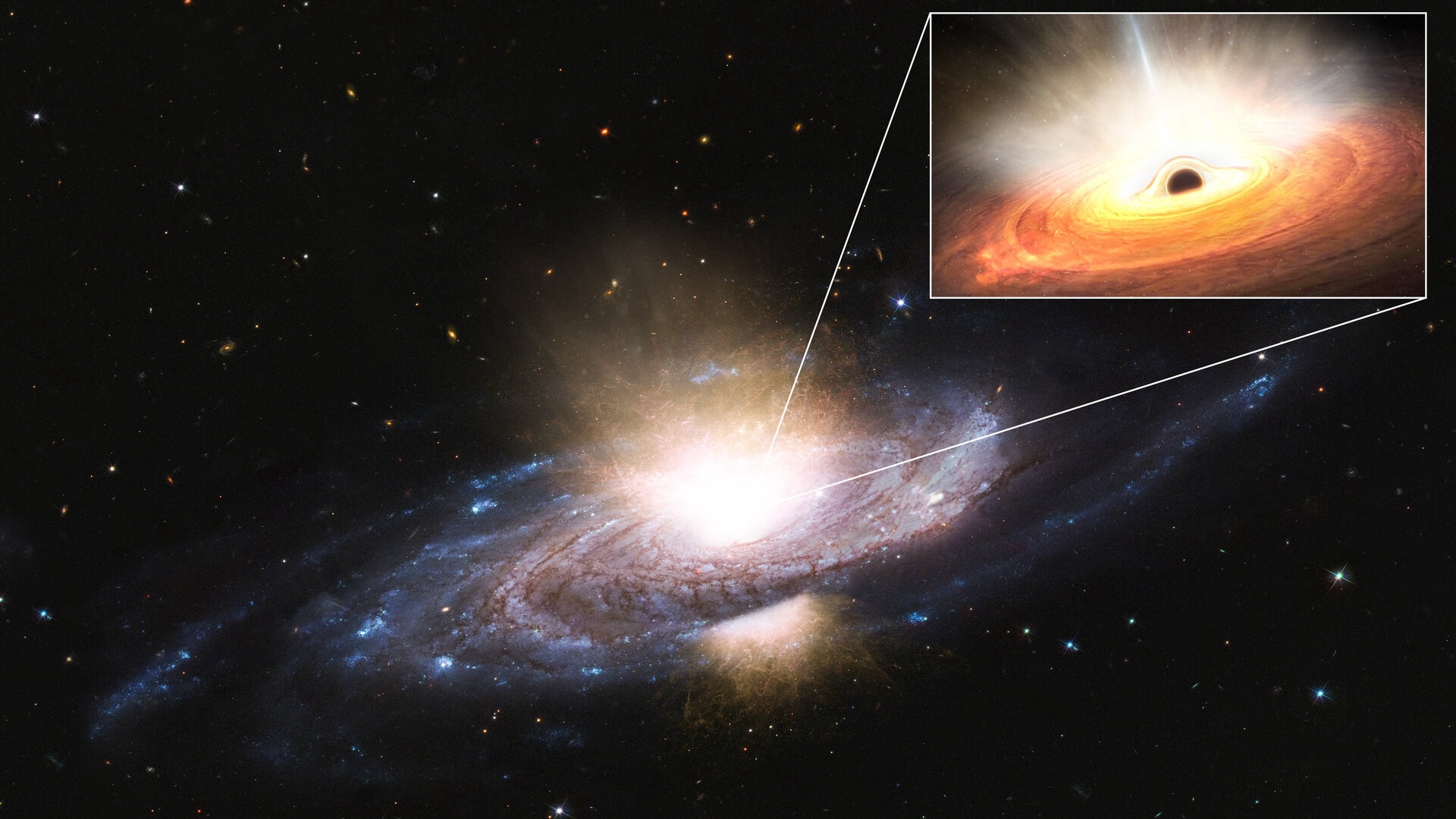
James Webb telescope solves 'impossible' black hole mystery
By Shreejaya Karantha published
Astronomers have used the James Webb Space Telescope (JWST) to revisit a misunderstood black hole thought to be gulping matter 40 times faster than the theoretical limit. It turns out, dust may have obscured the truth.
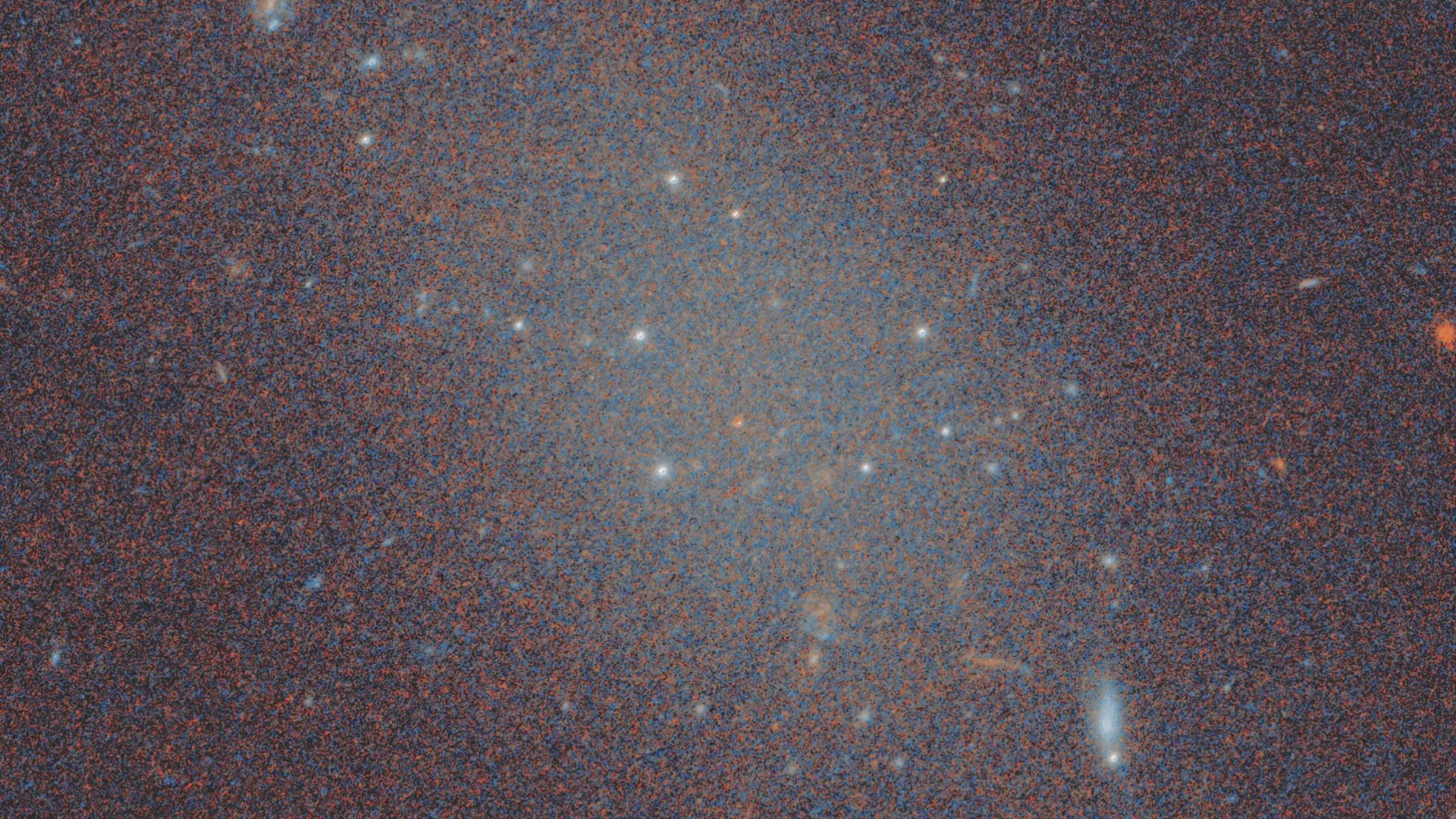
Ghostly galaxy without dark matter baffles astronomers
By Sharmila Kuthunur published
Astronomers have stumbled upon yet another ghostly galaxy that appears to be devoid of dark matter, the elusive stuff that makes up most of the material universe.
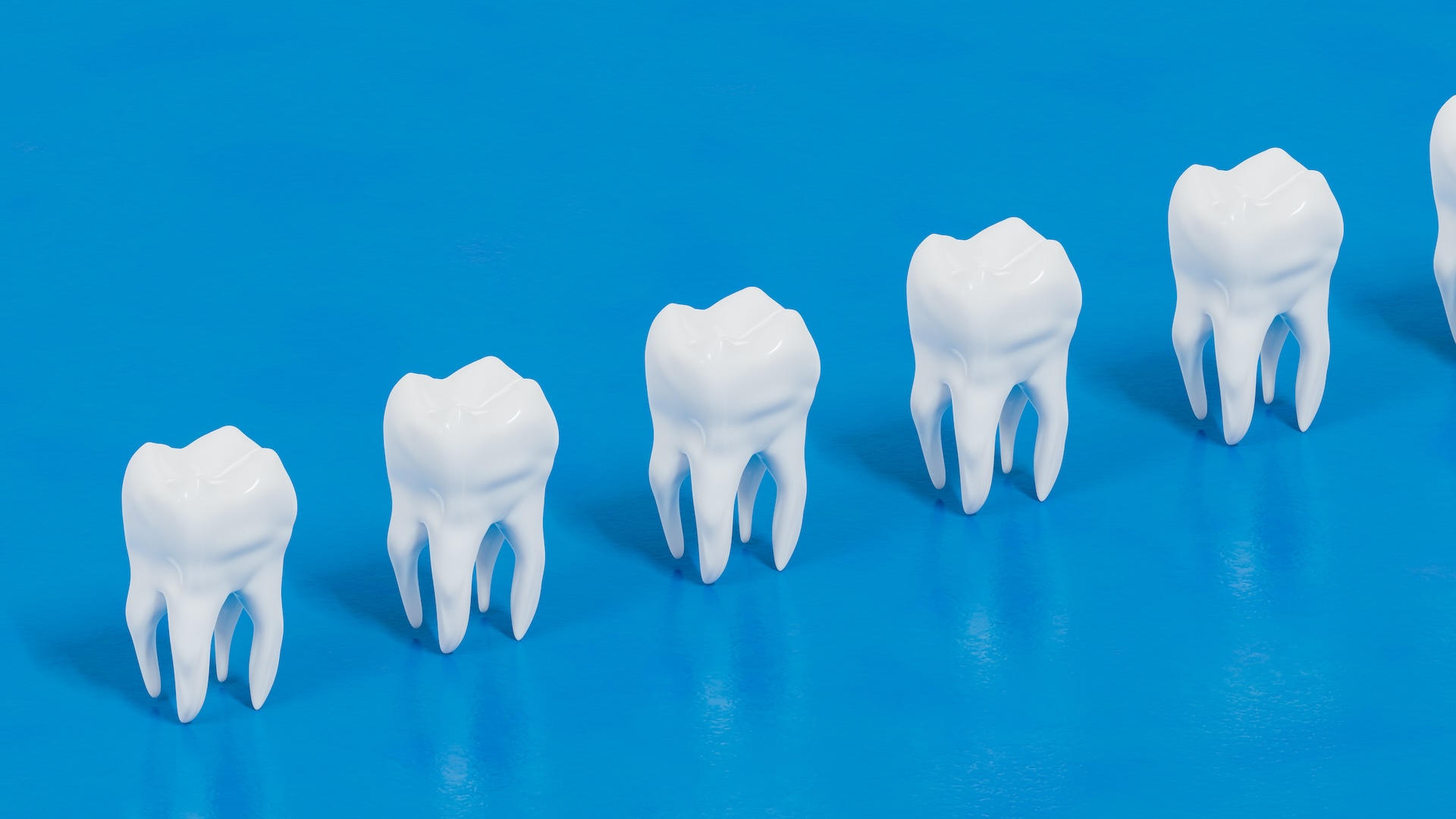
Lab-grown teeth could offer alternative to fillings and implants, scientists say
By Jess Thomson published
Scientists in the U.K. have developed a new material that may allow them to grow teeth in the lab, which could provide an alternative to fillings and dental implants someday.

(Retracted) Space rock that destroyed ancient city may have inspired biblical story of Sodom
By Christopher R. Moore last updated
Archaeologists have evidence of a space rock that obliterated Jericho some 3,600 years ago may have inspired the biblical story of Sodom.
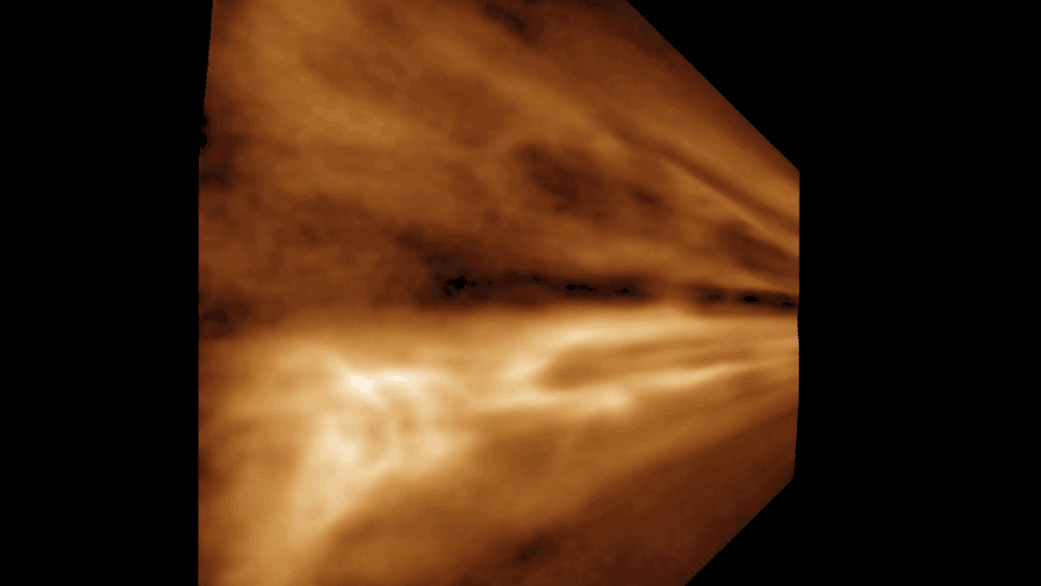
Solar wind might be making water on the moon, groundbreaking NASA study reveals
By Damien Pine published
Lunar samples show evidence that solar wind could be behind the water molecules on the moon's surface, according to NASA. The results could shine a light on how water ice collects in cold traps formed by patches of permanent darkness at the moon's poles.

World's largest solar telescope turns on powerful new camera, revealing breathtaking image of a continent-size sunspot
By Briley Lewis published
The Daniel K. Inouye Solar Telescope, the world's largest solar telescope, can see the sun in unprecedented detail. Here is the first image from its newly-activated camera.
Sign up for the Live Science daily newsletter now
Get the world’s most fascinating discoveries delivered straight to your inbox.
